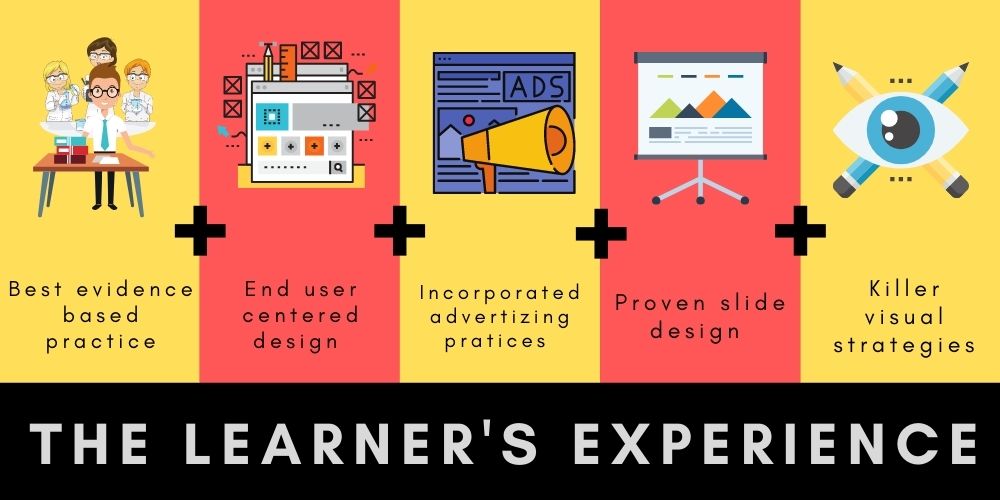
Responsible Education: Shifting the Focus to Learner Success
In the field of education, it is not uncommon to come across struggling students or encounter challenges in course delivery. This is where the concept of responsible education comes into play. In this article, we will explore the idea of responsible education as an alternative to adult education and delve into the responsible learning formula for designing an effective curriculum that meets the diverse needs of learners.
Shifting from Adult Education to Responsible Education
The term “adult education “often carries a negative connotation, with phrases like” read the textbook one more time ” or “no spoon-feeding ” commonly associated with it. Unfortunately, adult education tends to pigeonhole learners based on adult learning theories and shifts the blame for poor course design onto the students. It is time to embrace responsible education, which focuses on creating a well-designed curriculum and empowering learners. Responsible education places the onus on the curriculum design team and institutions to provide quality education, thus enabling learners to take responsibility for their success.
Understanding Responsible Education
Responsible education aims to create the best course design for learners to maximize their potential and achieve the highest level of success during their educational journey. Adopting responsible education practices moves the ability of the course designer and instructor to shift blame to the learner because it is adult education. To achieve this, we need to follow a systematic approach that considers the specific needs and characteristics of the target audience.
The Responsible Learning Formula
To implement responsible education effectively, we can utilize the responsible learning formula. This formula involves three key steps:
1. Developing Targeted Content: Instead of overwhelming learners with excessive information, responsible education focuses on delivering a learning cluster of educational content tailored to the specific needs of the learners. We can design learning clusters that meet most learner needs by identifying learner personas and understanding their characteristics. Whether it’s business training or any other form of education, the goal is to provide the right amount of content necessary for achieving the desired educational outcomes.
2. Creating Value for Learners: One of the significant aspects often overlooked in adult education is the importance of building value for learners. Responsible education emphasizes the need to provide tangible benefits and solve specific problems for learners. This value-driven approach goes beyond changing key performance indicators or achieving organizational goals. It involves understanding the learners’ motivations and addressing their pain points. By doing so, we ensure that learners find real value in their education, increasing their engagement and enhancing their overall learning experience.
3. Recognizing Learners as Customers: In responsible education, it is essential to recognize that learners are customers. Learners expect a certain quality and level of experience like in any other business. Unfortunately, the current education system often falls short. By acknowledging learners as customers, we can better align our educational practices with their needs and deliver a better learning experience. Whether we are curriculum designers, instructors, or representatives of educational institutions, treating learners as valued customers can significantly enhance the effectiveness of responsible education.
Responsible education presents a paradigm shift in how we approach teaching and learning. Moving away from the blame game of adult education and embracing responsible education practices empowers learners and creates an environment that fosters their success. Implementing the responsible learning formula allows us to develop targeted content, create value for learners, and recognize them as customers. Ultimately, responsible education is about taking collective responsibility for designing and delivering education, ensuring that learners receive the support they need to thrive and achieve their goals.
If you like this post then check out the Responsible Education Course.
